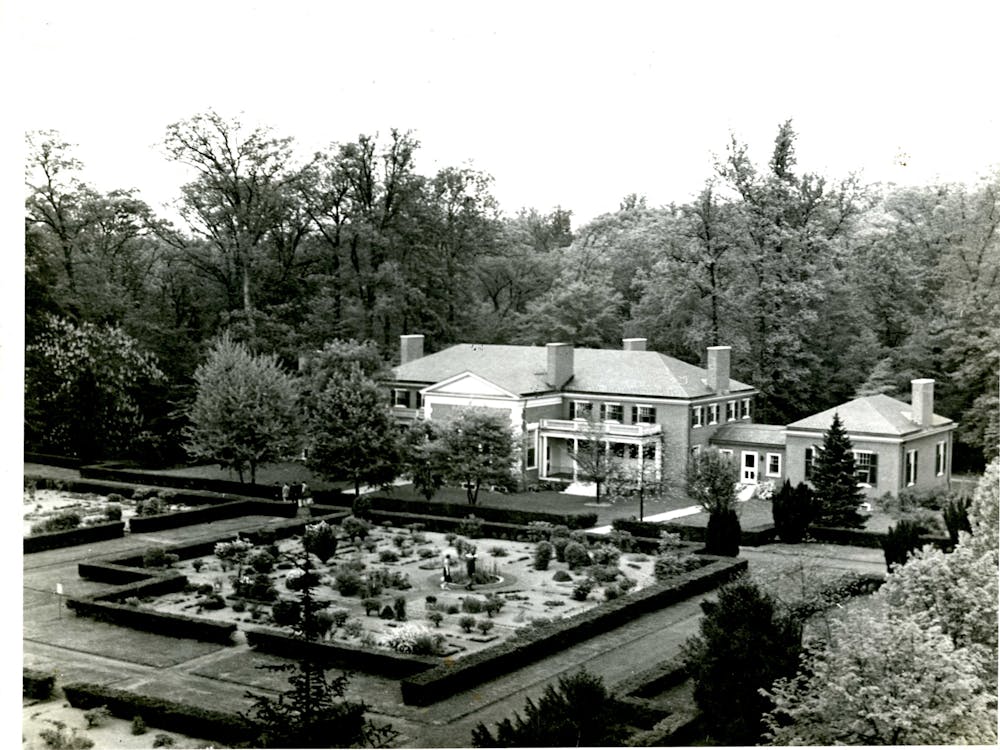Students for Environmental Action (SEA) hosted a panel on Thursday titled, “Social Equity in Baltimore” as a part of their Sustainable Action Speaker Series.
Laurie Feinberg, assistant director of the Department of Planning of Maryland, Beth Strommen, Director of the Office of Sustainability for Baltimore, and Patrick McMahon, an environmental specialist and bicycle and pedestrian planner for the Maryland Transit Administration (MTA) spoke about their current work on issues relating to environmental social equity.
Feinberg spoke about current zoning laws. The zoning code, created for an auto-oriented, suburban society in 1971, no longer suits Baltimore’s needs.
In 2012, Feinberg wrote a new zoning code for the Baltimore City Council, which focused on making the city more accessible to pedestrians. The new code permitted more mixed use zones and allowed for urban agriculture, bike parking and alternative energy.
“We’re not a smokestack city anymore, we’re not manufacturing old, dirty stuff which has to be ‘over there,’” Feinberg said. “The new industrial way is to make spaces and small businesses and much cleaner things, which is great because they can be closer to where people live without being objectionable.”
The second speaker, Strommen, spoke about Baltimore’s current sustainability plan, created in 2007.
“We knew that probably 90 percent, or more, of the citizens of Baltimore didn’t know what sustainability meant,” Strommen said. “If we wanted the plan to be successful, they had to have a say in the plan.”
To achieve this goal, Strommen and her team offered a number of strategies. These included community meetings, community members becoming ambassadors for their neighborhoods, enlisting the youth and online draft posting. The final plan included 29 goals and 131 strategies.
Patrick McMahon, the third speaker, related the current problems with transportation in Baltimore. He spoke specifically about the issues of wastewater at MTA parking lots.
“We devote an enormous amount of our land to storing our cars and that impervious surface where that land is, results in a lot more storm water that picks up a lot of trash and other things and dumps it in our water,” McMahon said.
He also mentioned the effects that universities in Baltimore have on the MTA.
“There is incredibly low bus ridership up to [Loyola University Maryland and Notre Dame of Maryland University], and at one point we looked at entirely cutting bus service off of Charles Street up by those schools,” McMahon said. “That is an incredibly dense location of a lot of young people, most of whom don’t have cars, and a lot of employees who go there.”
The talk then opened up to audience questions. One asked how class relations in Baltimore make it difficult to improve public transit. In response, McMahon said that public transit is not limited to low income citizens.
“The perception is that only low income folks ride transit. If you actually get on buses and ride buses, you’ll see that it varies by lines. There are some lines... that go right out in front of Johns Hopkins Homewood campus that are very heavily white, fairly upper income,” McMahon said. “So again, the perception is often not the reality, but it becomes more the reality the longer that perception exists.”
Freshman Constanza Mayz, a member of the SEA, said she was able to gain a better perspective on equity issues in Baltimore because of the panel.
“You always hear about the segregation and all that, but I wasn’t really aware of how nitty gritty it was,” Mayz said.
Freshman Della Xu also enjoyed the talk and was excited about the possibility of seeing some of these changes in the future.
“I definitely liked the part where they tried to look at other cities as examples and basically make changes based on how those better apply to Baltimore,” Xu said. “If they’re able to do it, we’ll be able to see change in the next five to ten years.”






















Please note All comments are eligible for publication in The News-Letter.